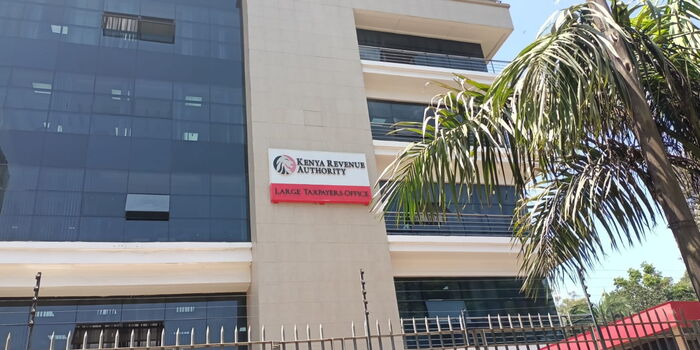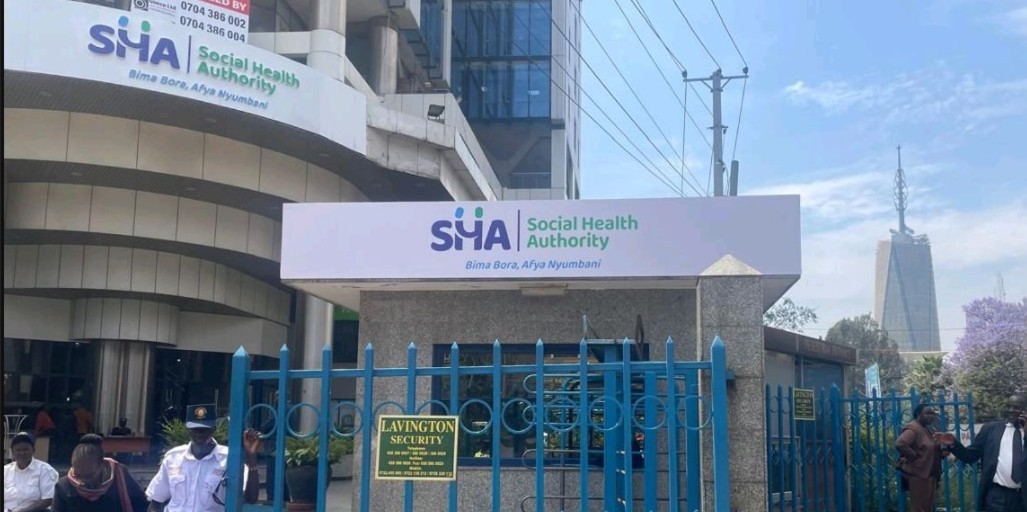KRA reduces goods release time by over 50%, boosts customs revenue

The reduction has been attributed to the increased adoption of Pre-Arrival Cargo Processing, which has grown from 25.28 per cent in FY 2021-22 to 40.55 per cent.
The Kenya Revenue Authority (KRA) has reported a 54 per cent reduction in the average time required to release goods from the ports.
KRA has said over the past three years, the time for goods to clear from the Port of Mombasa, Inland Container Depots, and Kenya Railways Corporation Sheds has dropped from approximately four days (112.6 hours) in the 2021/2022 fiscal year, to just over two days (51.43 hours) in the current period.
More To Read
- Chinese warship in Mombasa for technical stop, cultural exchange
- KRA retains fringe benefit tax rate at 8 per cent for October–December 2025
- KPA declares 80 per cent waiver to clear long-stay cargo at Mombasa Port
- KRA announces scheduled eight-hour downtime for customs system
- Kenya Ports Authority wins global sustainability award in Japan
- KRA sets 30-day deadline for clearing goods at Nairobi depot
The reduction has been attributed to the increased adoption of Pre-Arrival Cargo Processing, which has grown from 25.28 per cent in FY 2021-22 to 40.55 per cent.
The Authority also noted that the improved capabilities of the Customs Integrated Customs Management System (iCMS) have contributed to the reduction in release times.
“Enhanced systems capabilities of the Customs Integrated Customs Management System (iCMS) allow for the declaration of customs entries using the bill of lading as the base document, enabling processing to commence even before the cargo arrives,” the Authority said.
In addition, the Authority said it inspects all arriving goods at the port of origin, which is facilitated through the issuance of a Pre-Export Certificate of Conformity by licensed inspectors from the Kenya Bureau of Standards (KEBS).
It further added that the integration of KRA with KenTrade’s Trade Facilitation Platform has also streamlined the customs clearance process.
The platform enables the seamless sharing of critical information, such as import declarations and supporting documents, among Partner Government Agencies (PGAs), reducing the need for physical office visits by importers and customs clearing agents.
As a result of the improvements, KRA said it saw a 4.9 per cent increase in customs revenue, totalling Sh791.37 billion for the 2023-24 financial year, compared to the same period in FY 2022-23.
This includes a 10.3 per cent rise in oil taxes and significant revenue from non-oil taxes.
“Revenue collections during the period included a 10.3 per cent increase in oil taxes, reaching Sh300.77 billion, while non-oil taxes totalled Sh490.6 billion,” the Authority said.
The Customs Department also saw an 11.7 per cent rise in import values, which includes the total value of goods and associated charges.
Despite the revenue boost, there was a 23.8 per cent increase in exemptions and remissions, which affected overall tax performance.
This was driven by special exemptions for certain food commodities to mitigate the effects of drought and lower the cost of living.
Other Topics To Read
Top Stories Today













































